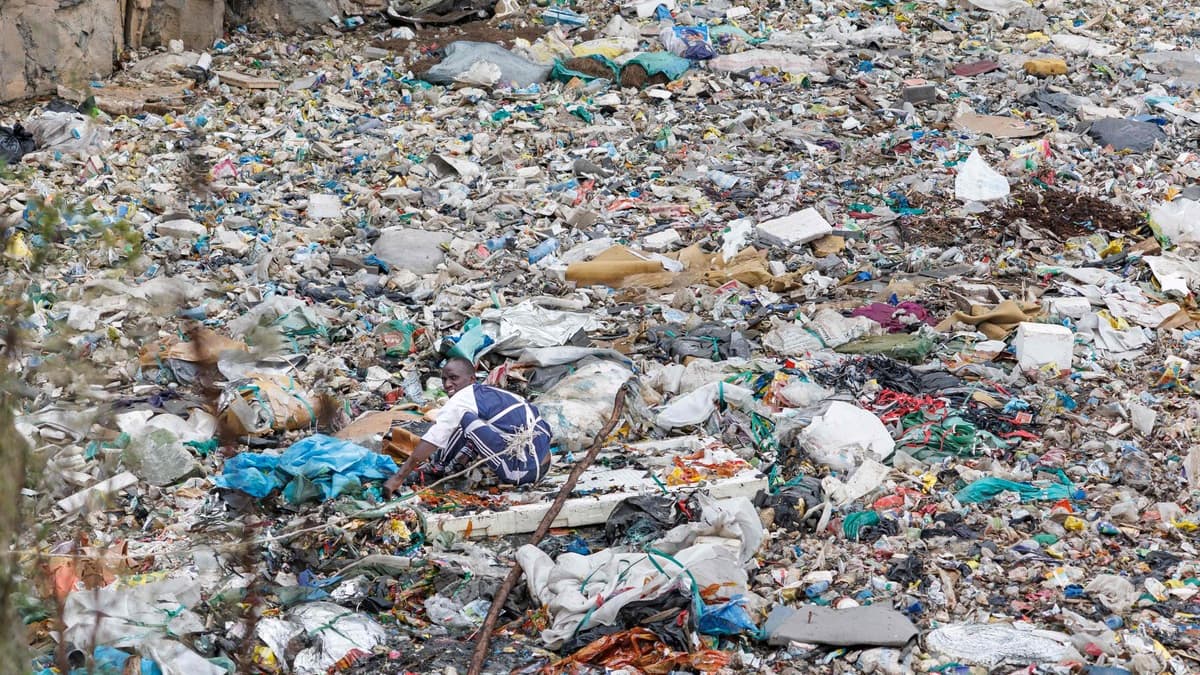
Faced with a “plastic pollution crisis,” the US government on Friday announced plans to phase out the use of single-use plastics in federal operations by 2035.
• Read more: Experts have said that single-use plastics should be banned worldwide
The U.S. federal government is the world’s largest purchaser of goods and services, comprising hundreds of agencies affiliated with various departments, such as the FBI, the Weather Service, and the Armed Forces.
This project, whose exact purpose must be specified in the US Federal Register, can therefore have a significant impact on the plastics industry in controlling the pollution associated with its production, its use and its future disposal.
“The production of plastic and waste has doubled over the past two decades, polluting our oceans, poisoning the air that people living near manufacturing plants breathe and threatening public health,” the US government said in a statement.
According to the plan, as part of a broader framework to combat the scourge, the federal government will “phase out the production of single-use plastics for its food and event operations and packaging” before expanding to all federal operations by 2035. .
In 2022, Joe Biden’s administration had already announced a similar move for national parks and public property.
“We welcome the Biden administration’s commitment to phase out single-use plastic,” said Christy Leavitt, manager of the NGO Oceana, which estimates that about 15 million tons of plastic are dumped into the oceans each year.
The U.S. government’s strategy spans more than 80 pages and lays out actions at each stage of the plastic life cycle, from production to recycling.
The fifth and final round of negotiations for a global agreement to combat plastic pollution is set to take place in Busan, South Korea in November.
Some countries and environmental NGOs are calling for drastic reductions in plastic production by 2040, while some oil-producing countries and industry lobbies are pushing harder for recycling.
Without an ambitious and binding agreement, the NGO WWF predicts that plastic pollution in the world will triple by the end of 2024, with serious consequences for the environment and biodiversity.




More Stories
More than 200 former Republican aides back Kamala Harris | US Election 2024
An investigation into the ill-treatment of the Lev Tahor sect in Guatemala
Brossard is suspected by the US of supporting Russia’s war effort